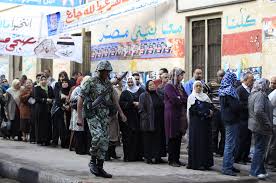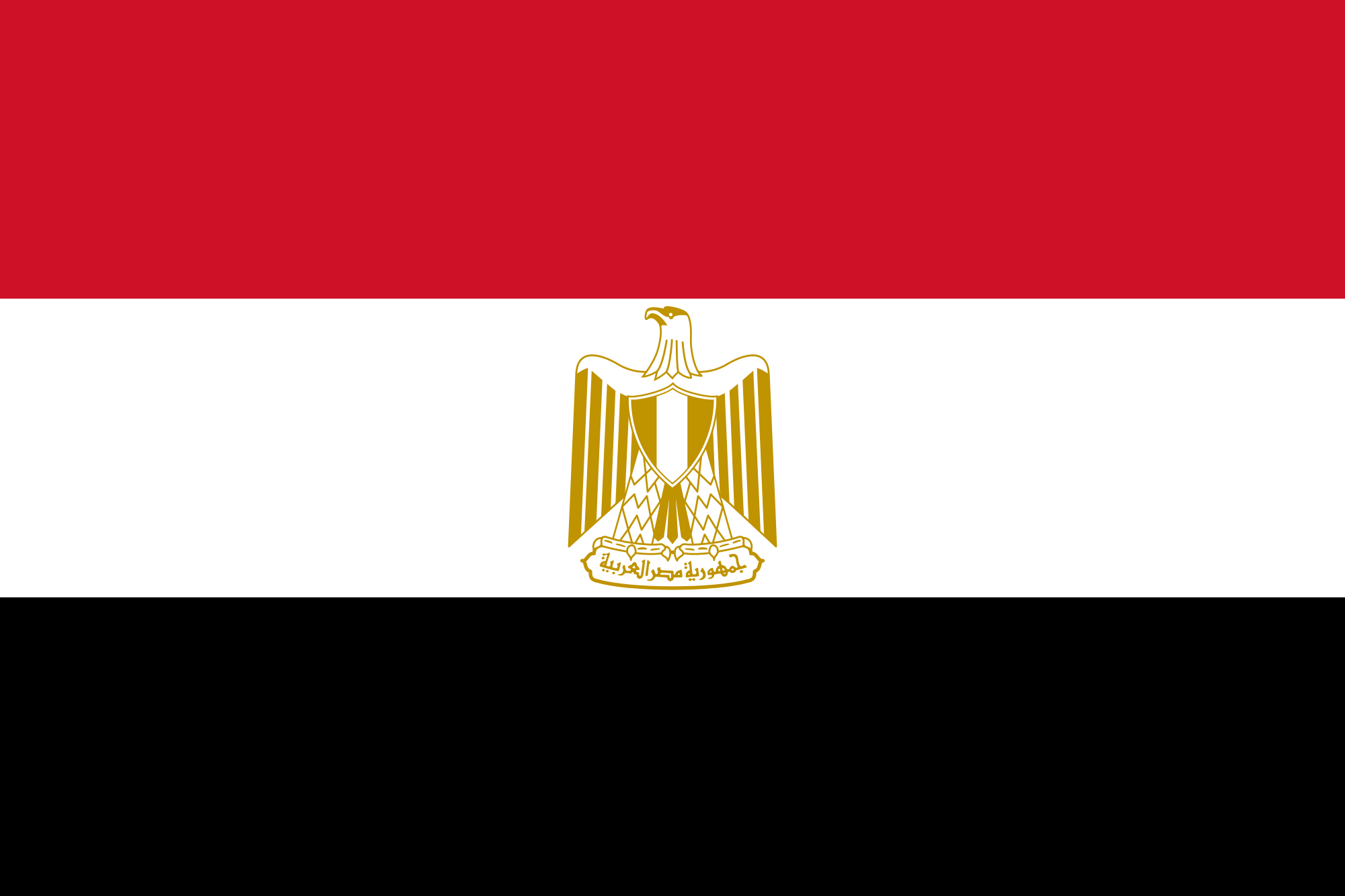Egyptians Go to Polls Under Tight Security to Pick New President
Helicopters hovered over parts of the Egyptian capital, Cairo, early Monday as voting in the two-day presidential election began.
Security was tight in many neighborhoods. Police blocked off streets and parts of city blocks to protect voters at polling stations.
More than 400,000 Egyptian police and army soldiers were deployed Monday for the election, and more than 14,000 judges are overseeing the vote at polling stations across the country.
Several hundred European Union and African Union observers are also monitoring the vote.
Sky News Arabia reported that young men from the now banned Muslim Brotherhood group were arrested in Manoufiya province, north of Cairo, after they resorted to violence to disrupt the election.
Police denied initial reports that Muslim Brotherhood supporters threw a home-made bomb in front of a church in the town of Bani Sueif, south of Cairo.
Turnout in other major cities, including Assiout, Suez, Alexandria and Ismailiya, appeared fairly heavy, as Egyptian TV correspondents interviewed voters in lines in front of some polling stations. Fifty-four million Egyptians are eligible to vote, out of a population of nearly 90 million.
Voters appeared to stay away from the polls in several key Muslim Brotherhood strongholds, including Sharqiya province, north of Cairo.
The Muslim Brotherhood has called on its supporters to boycott the election and to hold protests instead. Sharqiya is home to ousted Islamist President Mohamed Morsi.
Supporters clamored and cheered as presidential favorite el-Sissi cast his vote at a polling station near his home in a Cairo suburb. Young men crowded around him as he stopped to shake hands and discuss his vision for the future of the country.
He told Egyptians to write their own history and their own future, because, he said, the world is watching them. With this election, he argued, Egyptians will determine their destiny. With God’s help, he insisted, Egypt will have a glorious future.
Rival candidate Hamdeen Sabahi, who was third in Egypt’s 2012 presidential vote, said that he was running because it was in the best interest of the country. He also said he hoped to build a coalition in parliament in upcoming elections.
Sabahi said that whatever happens – if he wins the election or if he loses it – he will have played a positive role for the country. He said that he and his allies are working for social justice, democracy and independence for Egypt, and that he hoped to later win seats in parliament.
Prime Minister Ibrahim Mahlab told Egyptian TV that he was grateful to the police for keeping order and he thanked voters, especially young people, for turning out.
He said that it is refreshing to see a heavy turnout of young people because they are the ones who will most profit from a better future for the country. He added that everyone must pave the way for a brighter future for coming generations.
For his part, acting President Adly Mansour, who will hand over the reins of the country to the winner of the election, told state TV that the two-day presidential vote “is a step toward rebuilding Egypt” after a long period of turmoil.


